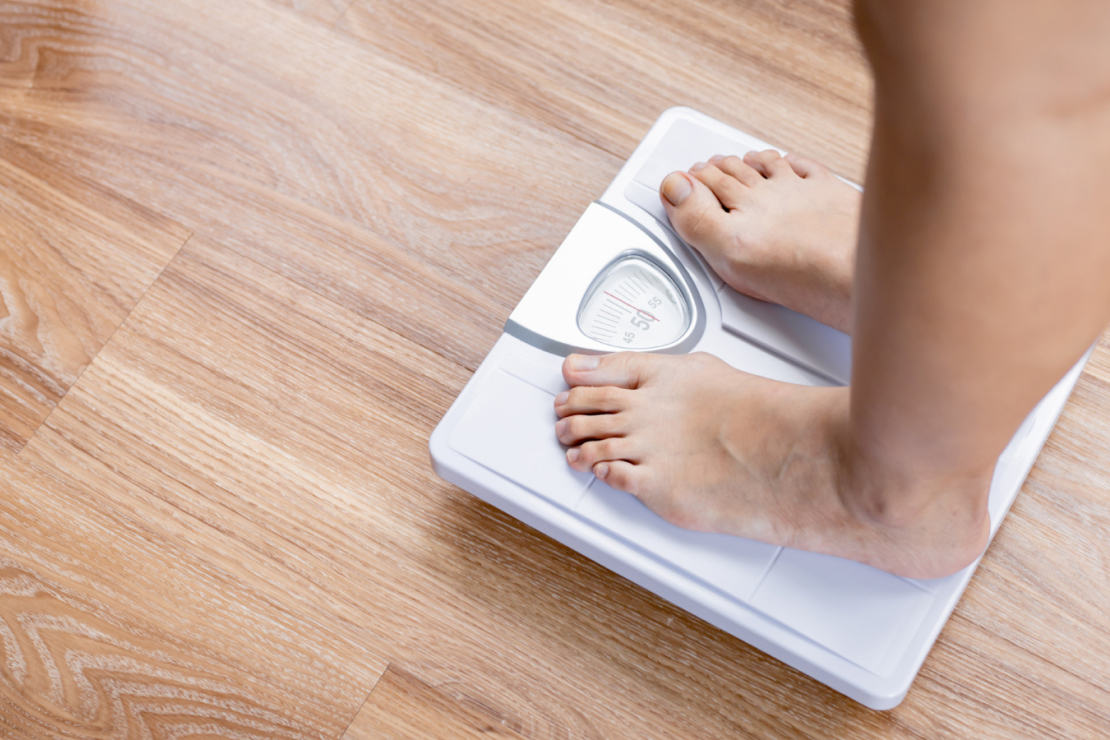Low-Carb Breakfast Ideas for Effective Weight Loss
Discover delicious and nutritious low-carb breakfast options that can help accelerate your weight loss journey while keeping you energized throughout the day.

Table of Content
The Power of a Low-Carb Breakfast
Starting your day with a low-carb breakfast can set the tone for successful weight loss by stabilizing blood sugar levels, reducing cravings, and promoting fat burning. Understanding how to create balanced, satisfying low-carb morning meals is crucial for sustainable weight management.
Why Low-Carb Breakfasts Support Weight Loss
Low-carb breakfasts offer several advantages for those seeking to lose weight effectively. By reducing carbohydrate intake in the morning, you trigger specific metabolic responses that can enhance fat burning and improve overall weight loss results. Research shows that starting your day with a low-carb meal can influence your food choices and metabolic rate for the entire day.
- Blood Sugar Control
Prevents morning insulin spikes and reduces fat storage by up to 30%
- Enhanced Fat Burning
Promotes metabolic flexibility and increases fat oxidation by 20-30%
- Reduced Cravings
Stabilizes hunger hormones for up to 4-6 hours post-meal
- Sustained Energy
Avoids mid-morning energy crashes and maintains steady energy for 3-4 hours
- Metabolic Boost
Increases morning metabolic rate by 10-15%
- Appetite Regulation
Reduces overall daily calorie intake by 200-300 calories
- Hormonal Balance
Optimizes cortisol and growth hormone levels for fat burning
- Cognitive Function
Improves mental clarity and focus through ketone production
Nutritional Comparison: Traditional vs. Low-Carb Breakfasts
Understanding the nutritional differences between traditional and low-carb breakfasts helps explain their varying impacts on weight loss. Low-carb options typically provide more sustained energy and better satiety, while traditional breakfasts often lead to energy crashes and increased hunger. The following comparison demonstrates key differences in macronutrient distribution and their metabolic effects.
| Nutrient Comparison | Traditional Breakfast | Low-Carb Breakfast | Impact on Weight Loss |
|---|---|---|---|
| Total Carbohydrates | 45-60g
Mostly from refined grains | 10-15g
Primarily from vegetables | Reduced insulin response
70% lower glucose spike |
| Protein | 10-15g
Often incomplete sources | 20-30g
Complete protein sources | Increased satiety
25% higher thermic effect |
| Healthy Fats | 5-10g
Often unhealthy sources | 15-25g
Quality omega-3 and MCTs | Sustained energy
4-6 hours stable energy |
| Fiber | 2-4g
Mainly processed sources | 5-8g
Natural fiber sources | Better digestion
30% improved satiety |
| Sugar Content | 15-25g
Added sugars common | 2-5g
Natural sugars only | Reduced cravings
60% fewer sugar cravings |
| Micronutrients | Moderate
Often fortified | High
Naturally occurring | Better metabolism
Enhanced nutrient utilization |
| Satiety Duration | 2-3 hours
Frequent hunger returns | 4-5 hours
Sustained fullness | Reduced snacking
40% less mid-morning eating |
Top 10 Low-Carb Breakfast Ideas
1. Greek Yogurt Parfait
A protein-rich base topped with low-carb ingredients for a satisfying start. This breakfast provides a perfect balance of protein, healthy fats, and minimal carbs while offering probiotics for gut health.
- Full-fat Greek yogurt
15g protein per serving, 5g carbs, rich in probiotics
- Mixed berries
High in antioxidants, only 5-7g net carbs per 1/2 cup
- Chopped nuts
Healthy fats and crunch, 2g net carbs per ounce
- Chia seeds
Added fiber and omega-3s, 2g net carbs per tablespoon
- Optional toppings
Cinnamon, vanilla extract, or sugar-free syrup
2. Avocado and Egg Bowl
A nutrient-dense combination that provides healthy fats and protein. This breakfast is rich in potassium, vitamin E, and choline, supporting both brain function and weight loss goals.
- 2 poached eggs
12g protein, essential nutrients, zero carbs
- Half avocado
15g healthy fats, 2g net carbs, high in potassium
- Spinach base
Iron and fiber boost, less than 1g net carbs per cup
- Cherry tomatoes
Low-carb vegetable option, 3g net carbs per 1/2 cup
- Seasonings
Sea salt, pepper, red pepper flakes for metabolism boost
3. Protein Smoothie Bowl
A refreshing option that combines protein with healthy fats. Perfect for post-workout mornings, this bowl provides quick nutrition while keeping carbs low and protein high.
- Protein powder
20-25g protein per serving, 1-2g net carbs
- Unsweetened almond milk
Low in calories and carbs, only 1g carb per cup
- Frozen berries
Natural sweetness, minimal sugar, 5-7g net carbs per 1/2 cup
- Nuts and seeds
Added nutrients and texture, 2-4g net carbs per serving
- Optional boosters
MCT oil, collagen peptides, or sugar-free flavor drops
4. Low-Carb Breakfast Burrito Bowl
A satisfying Mexican-inspired breakfast that skips the tortilla but keeps all the flavors. This protein-rich bowl provides sustained energy without the carb load.
- Scrambled eggs
18g protein from 3 eggs, zero carbs
- Cauliflower rice
2g net carbs per cup, vitamin C rich
- Avocado
Healthy fats, 2g net carbs per half
- Mexican toppings
Cheese, salsa, cilantro (watch portions)
5. Keto Breakfast Sandwich
A creative low-carb take on the classic breakfast sandwich using cloud bread or portobello mushrooms as the base.
- Cloud bread
Less than 1g carb per slice, protein-rich
- Fried egg
6g protein, essential nutrients
- Turkey bacon
Lower in calories, zero carbs
- Cheese slice
Calcium source, minimal carbs
Tips for Success
Maximize the benefits of your low-carb breakfast with these practical tips:
- Meal Prep
Prepare ingredients in advance
- Portion Control
Monitor healthy fat portions
- Protein Priority
Include protein in every breakfast
- Hydration
Start with water before breakfast
Common Mistakes to Avoid
Be aware of these potential pitfalls when adopting a low-carb breakfast routine:
- Insufficient Protein
Aim for 20-30g minimum
- Hidden Carbs
Check labels carefully
- Overdoing Fats
Balance is key
- Skipping Fiber
Include vegetables or seeds
Frequently Asked Questions
How many carbs should my breakfast contain for weight loss?
- Aim for 10-15g net carbs
- Focus on fiber-rich sources
- Adjust based on activity level
- Consider total daily carb goals
Can I skip breakfast on a low-carb diet?
- Stabilize blood sugar
- Reduce overeating later
- Provide sustained energy
- Support metabolism
How long until I see weight loss results?
- Initial water weight loss: 1-2 weeks
- Sustainable fat loss: 2-4 weeks
- Results vary by individual
- Consistency is key
"A well-planned low-carb breakfast not only supports weight loss but also provides sustained energy and mental clarity throughout the morning hours."
The Bottom Line
Adopting a low-carb breakfast routine can be a game-changer for your weight loss journey. By focusing on protein, healthy fats, and fiber while minimizing carbohydrates, you can create satisfying morning meals that support your goals. Remember to choose whole, nutrient-dense foods and maintain consistency for the best results.
Start with one or two of the suggested breakfast options and gradually expand your low-carb breakfast repertoire. Pay attention to how your body responds and adjust portions and ingredients accordingly. With proper planning and execution, a low-carb breakfast can become an enjoyable and effective part of your weight loss strategy.
Start Your Health Journey Today
Download Macro Tracking AI and take control of your nutrition with the power of artificial intelligence.
Download on App Store

